Keywords: Keating
There are more than 200 results, only the first 200 are displayed here.
-

INTERNATIONAL
- Jeff Sparrow
- 16 December 2016
12 Comments
Assad's victory epitomises, in a sense, the reactionary tide prevailing just about everywhere in this, the Year of the Donald. The hopes raised during the Arab Spring have, it seems, been crushed, with the Syrian regime consolidating its grip over a nation it has oppressed for so long. Yet Aleppo also illustrates how little the Right's victories have actually settled. The Right's biggest asset is often the Left, with progressives seemingly determined to validate all the smears levelled against them.
READ MORE 
-

AUSTRALIA
- Rod Grant
- 18 November 2016
18 Comments
Having a sense of something as right or wrong, good or bad, is the essence of humanity. We get it from home, from education, religion, friends, the media. It's the sniff test or the pub test or the gut feeling or the Bible or Quran or Torah. We all have it. And just as people have a sense of right and wrong, we also have a very good humbug detector, and it's clanging loudly when politicians unctuously claim all their 'stop the boats' strategies are driven by desire to prevent drownings at sea.
READ MORE 
-

AUSTRALIA
- John Warhurst
- 31 May 2016
16 Comments
When the big parties condemn the idea of a hung parliament it is just self-interest, as when both Malcolm Turnbull and Bill Shorten expressed their horror at the prospect of any sort of alliance with the Greens. It was surprising that Shorten missed the opportunity to defend the legacy of the Gillard government, a successful minority government which executed a considerable legislative program. If he allows 2007-13 to be portrayed as disaster years it will hurt his chances of becoming prime minister.
READ MORE 
-
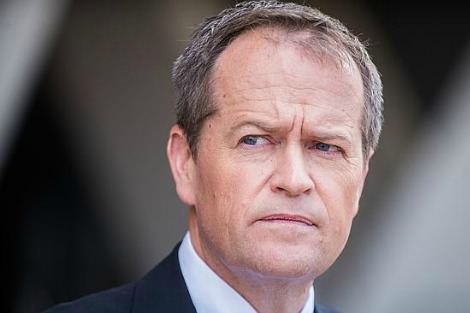
AUSTRALIA
- J. R. Hennessy
- 30 May 2016
4 Comments
Labor has built a small poll lead over the Coalition as led by the eminently more marketable Malcolm Turnbull, and in this case the commentariat are willing to give Shorten and Labor the credit. They're the ones controlling the policy conversation and setting the agenda, and it feels like the government are just responding in turn. Who is this Bill Shorten? This is someone who even a few months ago would be largely inconceivable in the top job, but now seems at the very least plausible.
READ MORE 
-

AUSTRALIA
- Esther Anatolitis
- 24 May 2016
13 Comments
Universities and the CSIRO are attacked and funds cut while the government promotes an 'ideas boom'. Creative industries and the Australia Council are diminished and investment slashed while the government talks of an 'innovation agenda'. It takes confidence in your own skill as a decision-maker to recognise the expertise of others as something you don't share but can benefit from. Instead we see nervous leadership, too anxious to trust in those who can build that future.
READ MORE 
-
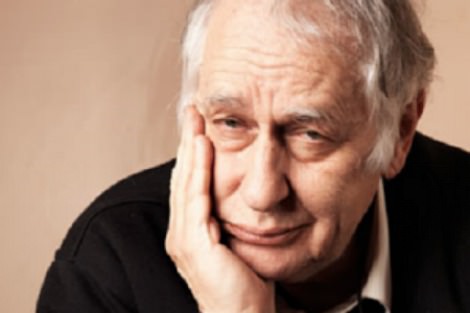
AUSTRALIA
- Binoy Kampmark
- 05 April 2016
7 Comments
Ellis' work is a prime example of the notion advanced by the French existentialist philosopher Jean-Paul Sartre: that committed literature, and the act of writing, are political and ethical acts. Even in a film script, one can ponder social political change. Always of the left, but never formally the structured party man of faction and following, the dishevelled, sometimes wild Ellis proved contrarian even to Labor stalwarts. There were never pious reflections, or unqualified praises.
READ MORE 
-
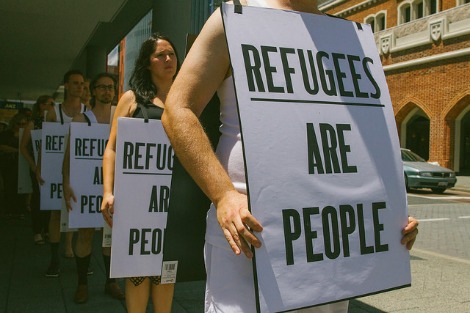
AUSTRALIA
- Kerry Murphy
- 05 February 2016
6 Comments
The practice of governments using the Parliament to change the law in order to win court cases is unfair, as only one party to a court case has the power to do this. The M68 case decided on Wednesday, which challenged the detention and transfer to Nauru of asylum seekers, was effectively won by the government because they changed the law retrospectively to make sure they would win. No retrospective fix will be possible for people who fled persecution only to face a punitive and hostile policy.
READ MORE 
-
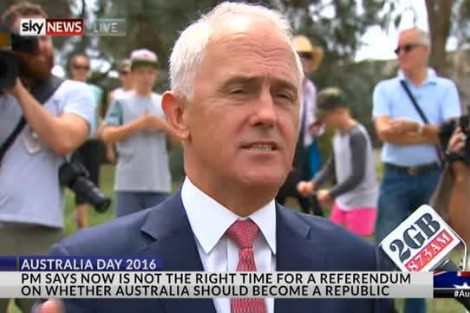
AUSTRALIA
- John Warhurst
- 02 February 2016
22 Comments
It is understandable that Turnbull sees no benefit in a second heroic failure caused by moving too soon. But political leaders who wait for overwhelming popular support are self-serving, because top-down support is needed for success. While January brought unprecedented approval from political leaders and the support of the Australian of the Year, the Australian Republican Movement must continue to be energetic and ambitious, and meet Turnbull's challenge to become still larger and more popular.
READ MORE 
-

AUSTRALIA
- Marcelle Mogg
- 17 December 2015
9 Comments
Children in two-parent families don't deserve government support. That's the message the government sent last month when they passed legislation to cut family payments for two-parent families, while other families still get cash payments. One of the problems with recent policies is they increasingly see families as part of the market rather than fundamental building blocks of our communities that need to be supported. Families and communities are in fact undermined by the market.
READ MORE 
-

RELIGION
- Frank Brennan
- 04 December 2015
1 Comment
'Tonight, gathered here in the Southern Cross Club in the national capital, gathered as Eureka's children. We affirm that there is room for everyone under the Southern Cross. I hope you will return to Canberra carrying the Southern Cross flag when we proclaim the Australia Republic on 1 January 2020 which will be two elections after Australia last had a monarchist leader of a major political party. Tony Abbott is the last of his type. Whether the prime minister honoured to witness the proclamation is Malcolm Turnbull, Bill Shorten or another matters not.' Annual Dinner for Eureka's Children, Southern Cross Club, Canberra, 3 December 2015.
READ MORE
-

AUSTRALIA
- Tom Keating
- 17 November 2015
2 Comments
The case studies given during the Royal Commission's dealings with Victoria's state run institutions were heartrending for anyone like myself who worked within that system in the 1960s and '70s. It must have been harder still for those who were trying desperately to reform the system at that time. By the mid-'80s Victoria came to have the most progressive and effective juvenile justice system in the country and was a leader internationally. Much has been lost in the intervening years.
READ MORE 
-
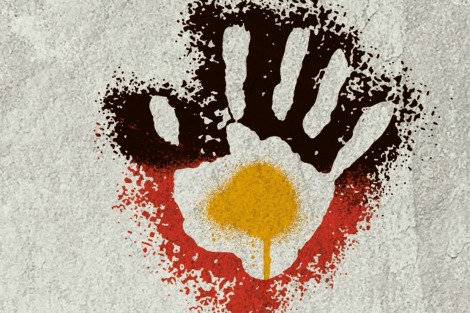
AUSTRALIA
- Frank Brennan
- 16 October 2015
2 Comments
I acknowledge those Aborigines and Torres Strait Islanders who insist that they have never ceded their sovereignty to the rest of us. I join with those Aborigines and Torres Strait Islanders who hope for better days when they are recognised in the Australian Constitution. As an advocate for modest constitutional recognition for Indigenous Australians, I respect those Aborigines and Torres Strait Islanders who question the utility of such recognition. But I do take heart from President Obama's line in his Charleston eulogy for the late Reverend Clementa C. Pinckney: 'Justice grows out of recognition'.
READ MORE